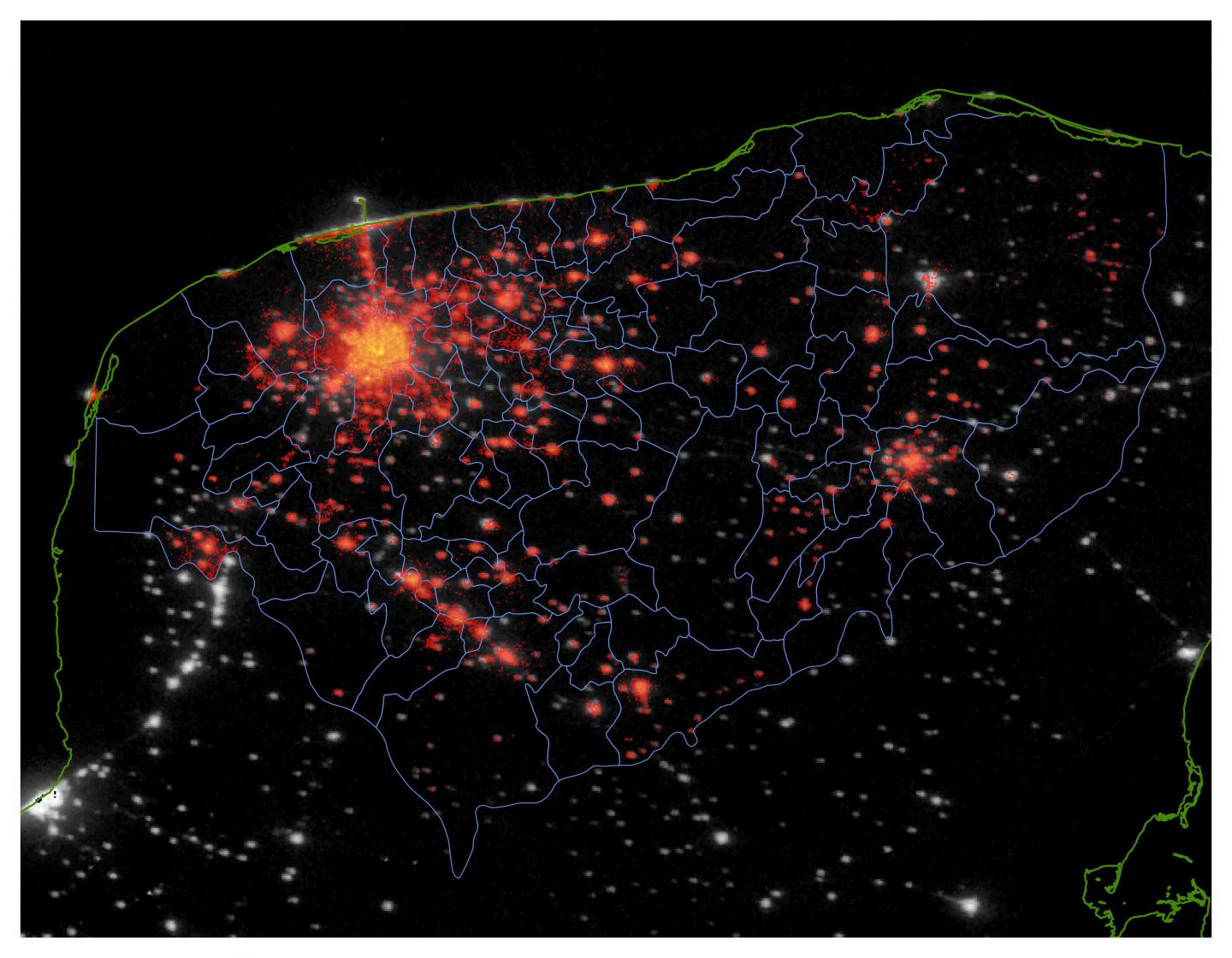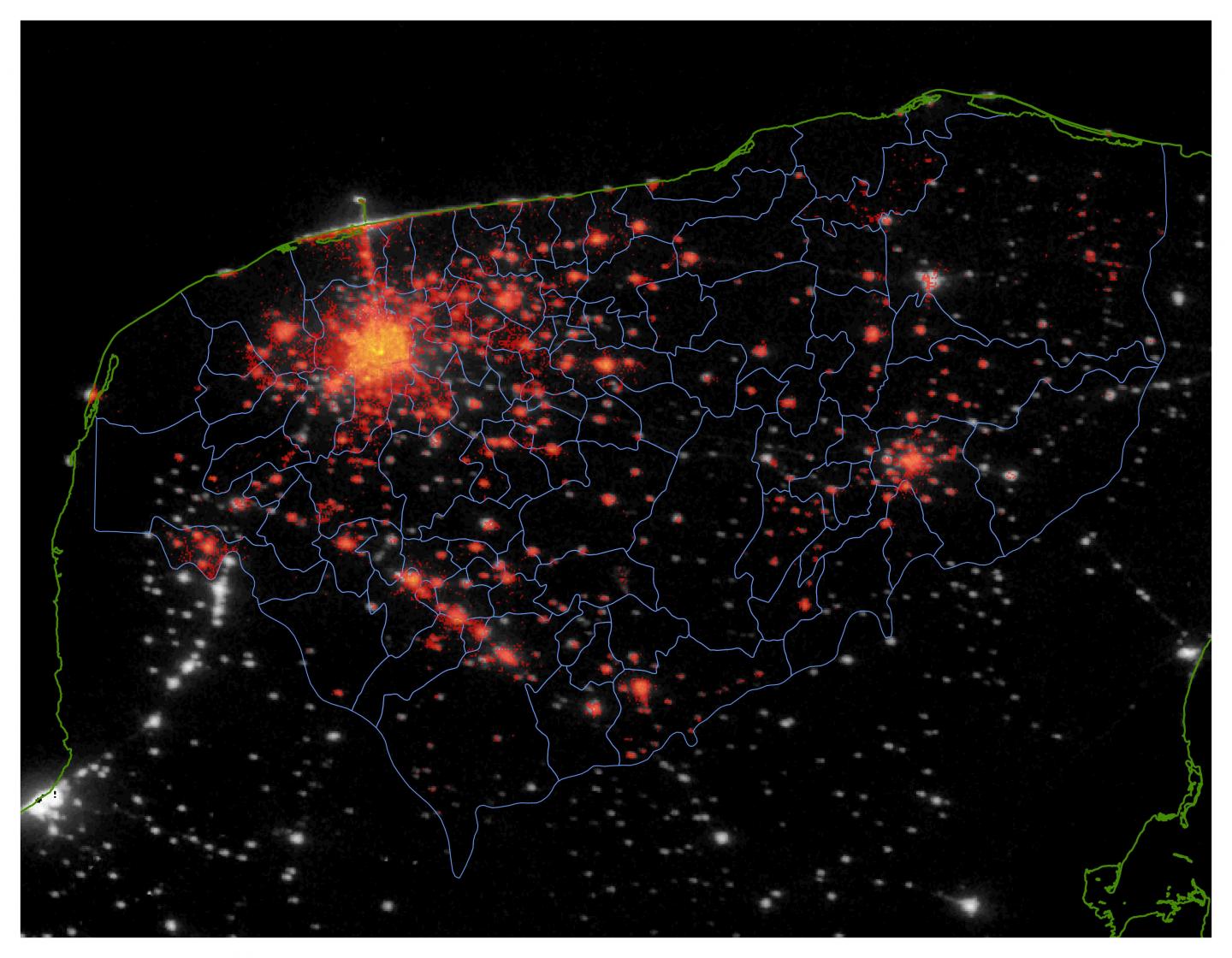
Credit: Hladish et al.
While no dengue vaccine has yet been approved for general use, several candidates are in clinical development. Data from the clinical trials can be used in mathematical models to estimate the benefits and risks and of different vaccination strategies. A study published in PLOS NTDs suggests that even a moderately efficient dengue vaccine–if it induces long-lasting immunity–can substantially reduce disease burden. However, if immunity wanes over time, vaccination could cause years with higher numbers of sick people, unless the initial vaccination is followed by regular boosters.
Dengue disease is on the rise and presents unique challenges for prevention and control. Disease incidence (i.e., the number of new cases per year) world-wide has consistently increased for the last five decades. Efforts in the post-DDT era to control the Aedes mosquitoes that transmit the virus have failed, and the virus has spread into new regions. There are four different subtypes of the dengue virus, individuals can be infected multiple times with different viral subtypes, and re-infection is associated with an increased risk for severe disease.
Thomas Hladish, from the University of Florida in Gainesville, USA, and colleagues focused their study on Yucatán state in Mexico because dengue is a serious problem there and detailed information on disease incidence exists. The researchers started by building a mathematical model based on the primary factors that influence dengue transmission. These include mosquito population dynamics and behavior throughout the year, human movement and demography, the build-up of immunity following natural infection in the population over time, and the immune response following re-exposure.
Next they fitted their model to the data on dengue occurrence in the Yucatán over previous years and ran simulations to estimate the impact of potential vaccination strategies. They compared the effectiveness of several vaccination strategies over a 20-year period. Vaccine efficacy was set at an average of 60% (actual numbers depended on the different virus subtypes and on whether a person had been exposed due to a prior natural infection) based on recent phase III trial results for the Sanofi-Pasteur vaccine that had shown moderate effectiveness.
Because a number of trials suggested that vaccination efficiency is higher in people who had some previous exposure to dengue, the researchers considered routine vaccination of children at different ages (2, 9, or 16 years), with and without a one-time catch-up campaign targeting individuals up to age 30 who had missed routine vaccinations. The durability of the vaccine (that is, how long protective immunity lasts after vaccination) is not yet established, and one longer-duration follow-up study of vaccinated individuals suggested that vaccination might not convey long-lasting immunity to all recipients. Therefore, the researchers considered vaccines that confer either life-long or waning immunity, and evaluated the use of booster doses (every two years) to counter waning.
Plausible vaccination scenarios with a durable vaccine, the researchers found, are clearly beneficial: such strategies would reduce annual dengue incidence by as much as 80% within five years, and that annual vaccine effectiveness approaches 65% by the end of the 20-year forecast period. However, if vaccine efficacy wanes after administration, the researchers found that there could be years with larger epidemics than would occur without any vaccination (the baseline scenario), and that vaccine booster doses are necessary to prevent this outcome.
Years with larger-than-baseline epidemics can occur with a waning vaccine because the vaccine delays–rather than prevents–many infections. Initially, vaccines are protected, and some cases that occur in the baseline scenario are avoided. But when vaccine protection fades, the number of vulnerable people in the population becomes unusually large, and some previously-avoided cases occur. Cumulative effectiveness over a longer time period, however, does show a small net benefit as a small number of the "delayed" cases never end up happening due to chance.
Like all mathematical models, the researchers acknowledge that theirs is based on assumptions and can only provide estimates. As they describe, their "ability to forecast vaccination impact is primarily limited by the current uncertainty regarding whether and how vaccine efficacy wanes over time and how vaccine efficacy is affected by prior infection". "Nevertheless", they state, "the model provides a useful perspective on how vaccine properties and strategic choices affect the relative size and severity of projected epidemics", and conclude that, "a vaccine like the Sanofi-Pasteur candidate can be an effective tool for reducing the dengue burden, although a vaccine with waning efficacy would require a booster program".
###
Please contact [email protected] if you would like more information about our content and specific topics of interest.
All works published in PLOS Neglected Tropical Diseases are open access, which means that everything is immediately and freely available. Use this URL in your coverage to provide readers access to the paper upon publication:
http://dx.plos.org/10.1371/journal.pntd.0004661 (Link goes live upon article publication)
Media Contact
Thomas Hladish
[email protected]
512-481-2403





